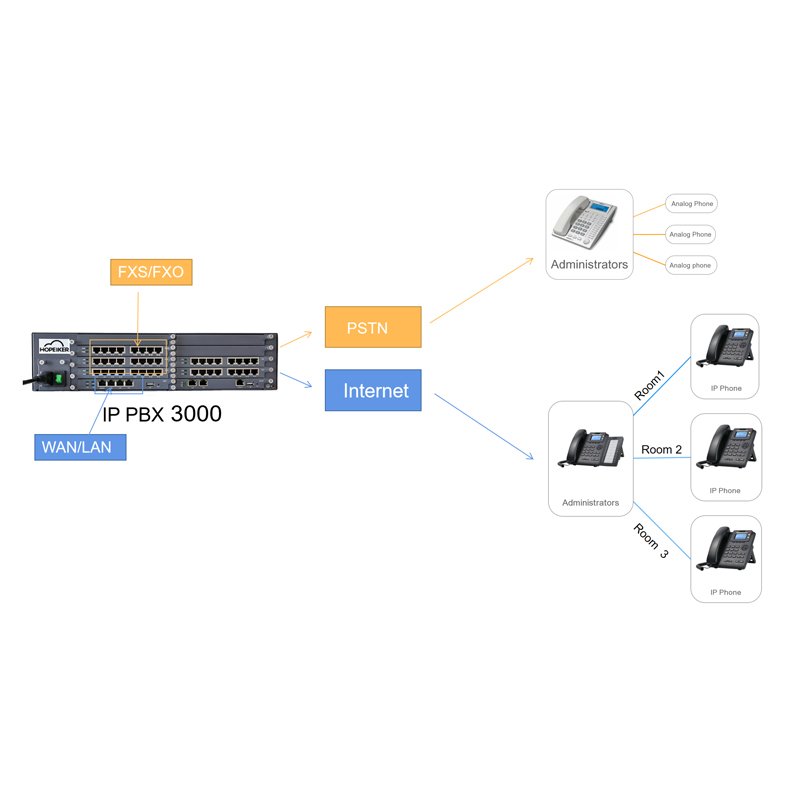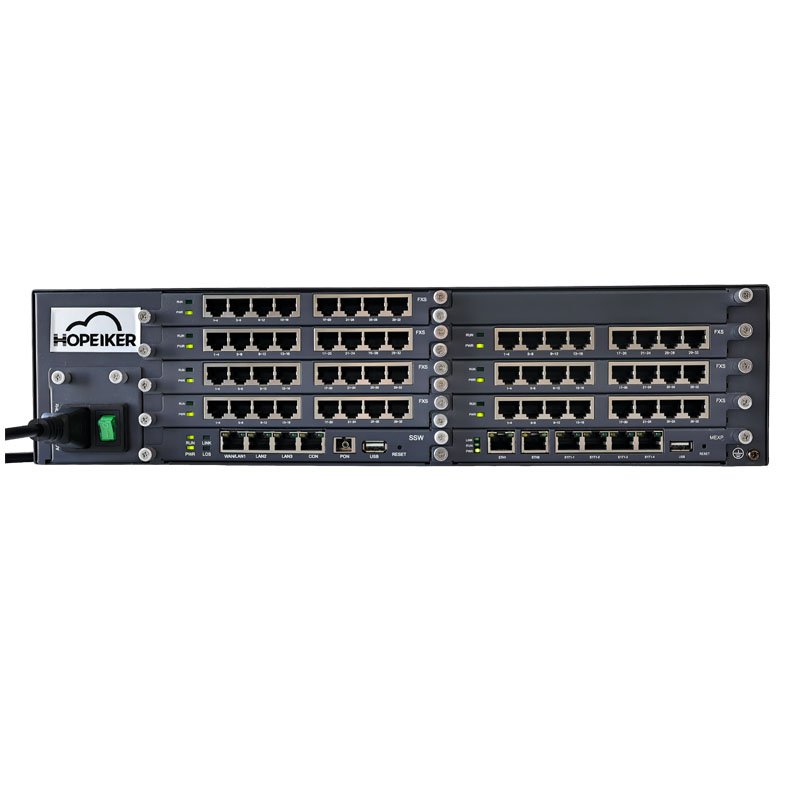What is a Hybrid PABX System?
A hybrid PABX (Private Automatic Branch Exchange) system combines traditional telephony with modern VoIP technology. It seamlessly integrates analog and digital communication, offering flexible options for businesses.

Key Features of Hybrid PABX Systems
1. Scalability and Flexibility
Hybrid PABX systems are designed to grow with your business. They allow adding extensions or integrating with cloud-based solutions effortlessly.
2. Multi-Line Support
Handle multiple calls simultaneously with ease. Hybrid PABX systems support a mix of analog, digital, and VoIP lines.
3. Advanced Call Management
Features like call forwarding, voicemail, and automated attendants enhance efficiency. These tools optimize communication workflows.
4. Cost Efficiency
By blending VoIP and analog lines, businesses can reduce long-distance call costs while maintaining compatibility with legacy systems.
5. Integration Capabilities
Hybrid PABX supports integration with CRM software, enhancing customer experience and team collaboration.
Benefits of Choosing a Hybrid PABX System
Enhanced Reliability
Hybrid systems ensure minimal downtime by using traditional lines as a fallback when internet connectivity fails.
Future-Ready Communication
They prepare businesses for a complete VoIP migration without disrupting current operations.
User-Friendly Interfaces
With intuitive management systems, users can easily configure and operate the platform.
Improved Mobility
Remote workers can connect seamlessly, ensuring consistent communication from anywhere.
How Hybrid PABX Systems Work
Hybrid PABX combines legacy telephony and VoIP in a centralized system. Analog lines connect to traditional phones, while SIP trunking supports internet-based communication. The system routes calls intelligently, ensuring optimal quality and performance.

Industries Benefiting from Hybrid PABX Systems
Corporate Offices
Hybrid systems support large-scale communication needs, offering seamless integration and reliability.
Healthcare Facilities
These systems ensure efficient call routing for critical communication, including emergency response teams.
Educational Institutions
Schools and universities benefit from the hybrid system’s cost-effective and scalable infrastructure.
Hospitality Sector
Hotels and resorts use hybrid PABX to manage reservations, customer support, and internal communication efficiently.
Key Considerations When Choosing a Hybrid PABX System
1. Budget Requirements
Evaluate the cost of implementation, maintenance, and upgrades to choose a solution that fits your budget.
2. System Compatibility
Ensure the hybrid system integrates seamlessly with your existing infrastructure and devices.
3. Vendor Support
Choose a reputable provider offering robust technical support and regular updates.
4. Security Measures
Verify encryption protocols and other security features to protect sensitive data and calls.
Conclusion: Is a Hybrid PABX Right for Your Business?
A hybrid PABX system bridges the gap between traditional telephony and VoIP, making it a versatile solution for modern businesses. It offers reliability, scalability, and cost efficiency, ensuring a future-proof communication system.
Consider your business needs and consult with experts to make an informed decision. A hybrid PABX could be the key to streamlining your communication infrastructure.


